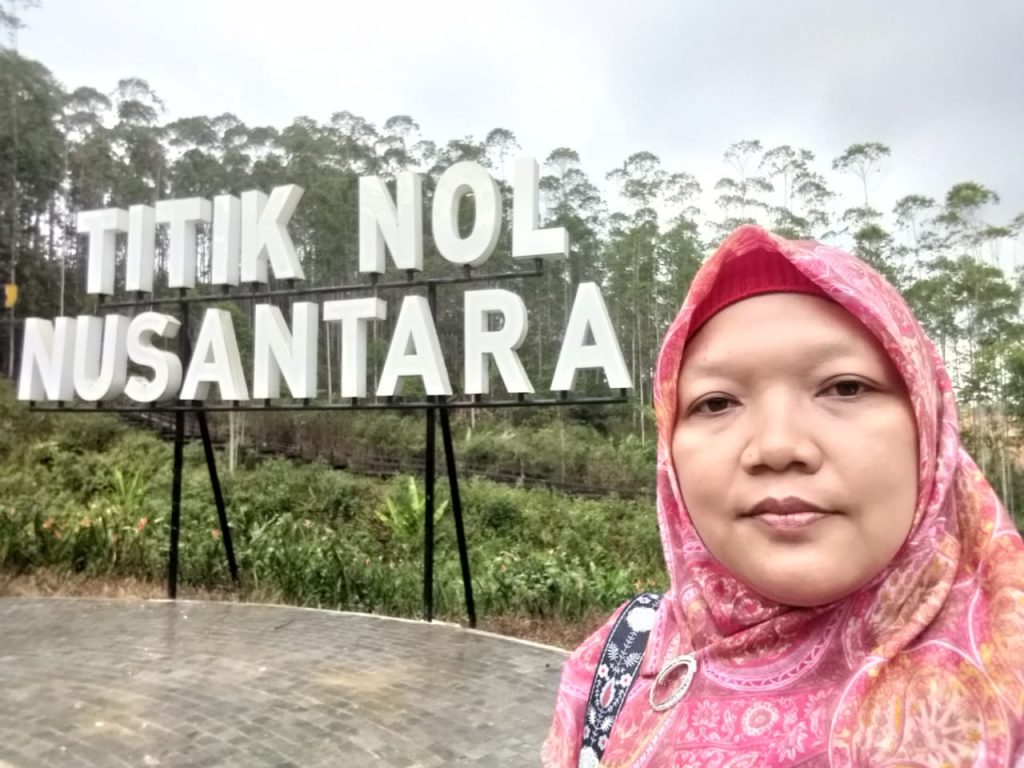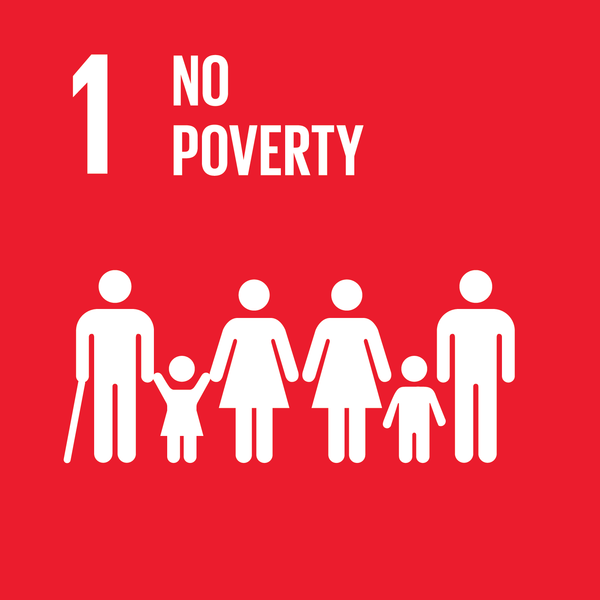 Mathematics stands as the fundamental of logic, forming the base for the development of philosophical thought, including related into the origins of life. Life in this world begins with an inception represented by the number one (“1”). It signifies the starting point from which the existence of the world emanates. Life cannot arise from nothingness, a concept encapsulated in mathematics by the digit zero (“0”). From this beginning, numbers evolve, shaping the realms of natural, whole, rational, and irrational numbers through a series of mathematical operations such as addition, subtraction, multiplication, division, and exponentiation.
Mathematics stands as the fundamental of logic, forming the base for the development of philosophical thought, including related into the origins of life. Life in this world begins with an inception represented by the number one (“1”). It signifies the starting point from which the existence of the world emanates. Life cannot arise from nothingness, a concept encapsulated in mathematics by the digit zero (“0”). From this beginning, numbers evolve, shaping the realms of natural, whole, rational, and irrational numbers through a series of mathematical operations such as addition, subtraction, multiplication, division, and exponentiation.
In reality, life’s complexities continue to mount. Indonesia’s demographic dividend has led to a significant increase in the workforce population. However, limited job opportunities and the rise of artificial intelligence technologies have elevated unemployment rates. It is essential for people to have both hard and soft skills to deal with these problems. Quality higher education serves as a pivotal tool to attain such qualities. Complex phenomena are often depicted through intricate mathematical models known as nonlinear models. Nevertheless, these models can be reduced to linear ones with suitable assumptions.
Human existence is marked by a cascade of aspirations. Upon the fulfillment of one aspiration, others often surface. For instance, students naturally aspire to achieve high cumulative grade point averages (GPA) and graduate on time. Subsequently, they face a competitive job market. Armed with knowledge and accredited qualifications, students aspire to enhance their quality of life.
For those who live in less ideal circumstances, credentials and expertise are essential to improving their situation. On the other hand, for people who are already wealthy, their credentials and expertise serve as obstacles against decline and opportunities for future improvement in their standard of living. In most cases, achieving these goals aims to release individuals from poverty in order to improve their quality of life.
In the pursuit of aspirations, students must adopt effective strategies, such as optimizing time management. For instance, divide the day into three segments: rest, study, and physical activities. Additionally, in academic pursuit, students must judiciously plan their course credit hours. For example, Actuarial Science students endeavor to complete 144 credit hours in eight semesters, averaging 18 credit hours per semester. The concepts of division and addition of credit hours also apply in course planning. In real-life scenarios, conflicts of interest may arise, such as the desire to add credit hours, which would increase the academic workload. This underscores one of the applications of mathematical operations in the academic context.
The explanation above emphasizes how mathematics is important in a variety of life and is not limited to educational environments. Therefore, it is essential to consistently encourage the applications of mathematics, as it can play an essential role and be useful in both individual development and more general socio-economic advancements.
 Keywords : Operations of Mathematics, Aspirations, Poverty, Strategies, Time Management
Keywords : Operations of Mathematics, Aspirations, Poverty, Strategies, Time Management
Author: Solikhatun
Editor: Sania Rizka Ramadhani
Photographer: Solikhatun
